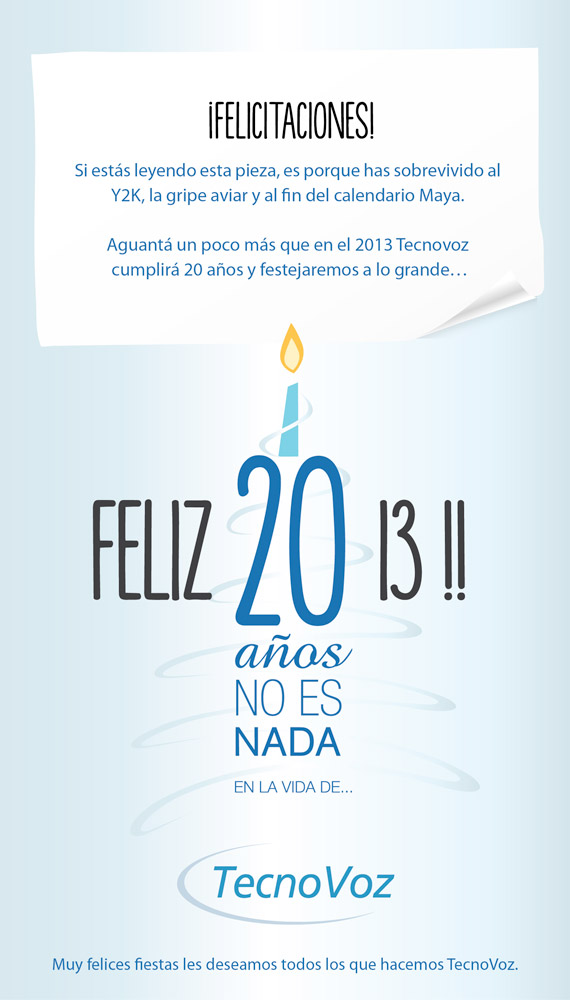Inteligencia Artificial versus Estupidez Natural ¿quién ganará la carrera?
“Dos cosas son infinitas: la estupidez humana y el universo; y no estoy realmente seguro de lo segundo.”
Albert Einstein
Sumando más leña al fuego, incorporo a la estupidez natural (humana) al ardiente debate sobre si la inteligencia artificial (IA) representa una real amenaza existencial para la humanidad. Por otra parte, la estupidez humana, luce al menos en muchos aspectos, más peligrosa que la IA. Siendo consciente de los enormes desafíos éticos, sociales y educativos que debemos enfrentar ante el desenfrenado avance de la IA, considero a la falta de sabiduría y juicio humano las causas que a menudo desencadenan consecuencias negativas más graves y duraderas.
La IA es una creación humana. Su funcionamiento se basa en datos, algoritmos y programación, sin un propósito propio o intenciones maliciosas. La IA sigue siendo una herramienta que al menos por el momento, depende de la dirección y supervisión humana. Si bien existen preocupaciones legítimas sobre su capacidad para automatizar trabajos y sesgar datos, la IA no posee intrínsecamente motivaciones perversas.
La estupidez humana, en contraste, ha sido responsable de innumerables tragedias a lo largo de la historia. Errores de juicio, prejuicios, fanatismo, ignorancia e intereses mezquinos nos han llevado a conflictos armados, desastres ambientales, discriminación y un sinfín de problemas sociales. La eventual falta de pensamiento crítico y condolencia ha desembocado en innumerables ocasiones en sufrimiento innecesario en una escala masiva.
Un aspecto crucial del debate debe sostenerse en la dimensión ética. Si bien existen dilemas éticos a resolver en torno a su uso, la IA puede ser diseñada para operar de manera ética y cumplir con regulaciones establecidas. La estupidez, por otro lado, habitualmente elude todo marco ético, lo cual resulta en acciones perjudiciales sin la debida consideración de las consecuencias.
Frecuentemente nos preguntamos si la IA podrá alcanzar un nivel de conciencia comparable al de los seres humanos; encontrando el mayor escollo para este planteo en que no existe un consenso científico acerca de qué es la conciencia. Aunque sí podemos aseverar que la IA no intentará emular la inconsciencia humana, la que reiteradamente nos lleva a ignorar lecciones valiosas o a repetir los mismos errores.
Definitivamente concluyo en que la estupidez natural es mucho más peligrosa que la inteligencia artificial, dada su evidente capacidad para causar daños a gran escala. Si bien la IA plantea desafíos significativos, su peligro potencial se encuentra en mayor medida en manos de los seres humanos. La estupidez, en cambio, es un problema inherente y omnipresente que requiere un esfuerzo constante para ser mitigado a través de la educación, la empatía y la toma de decisiones racionales.
Gerardo Andreucci
CEO TecnoVoz S.A.
Fuente: dbiz.today









